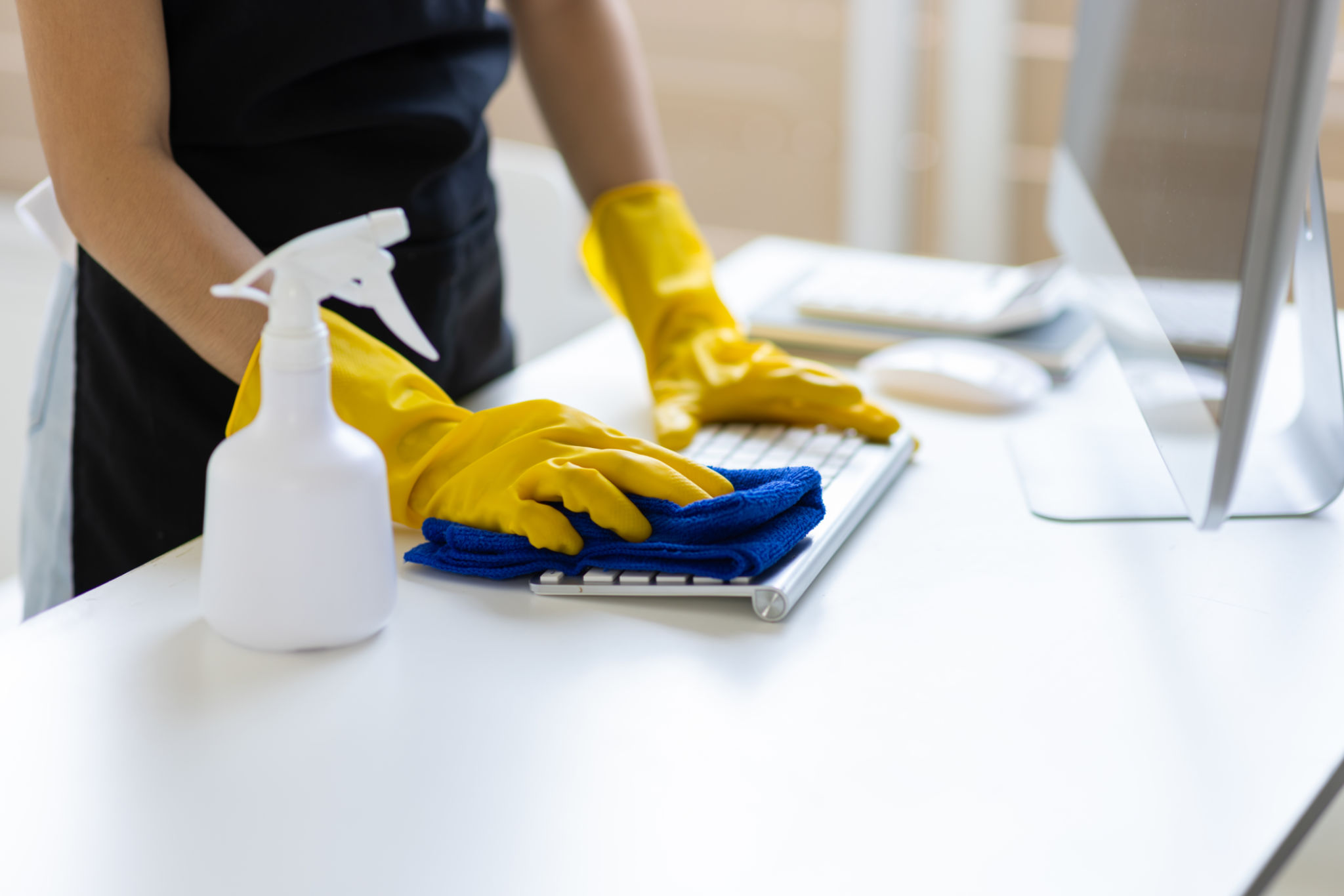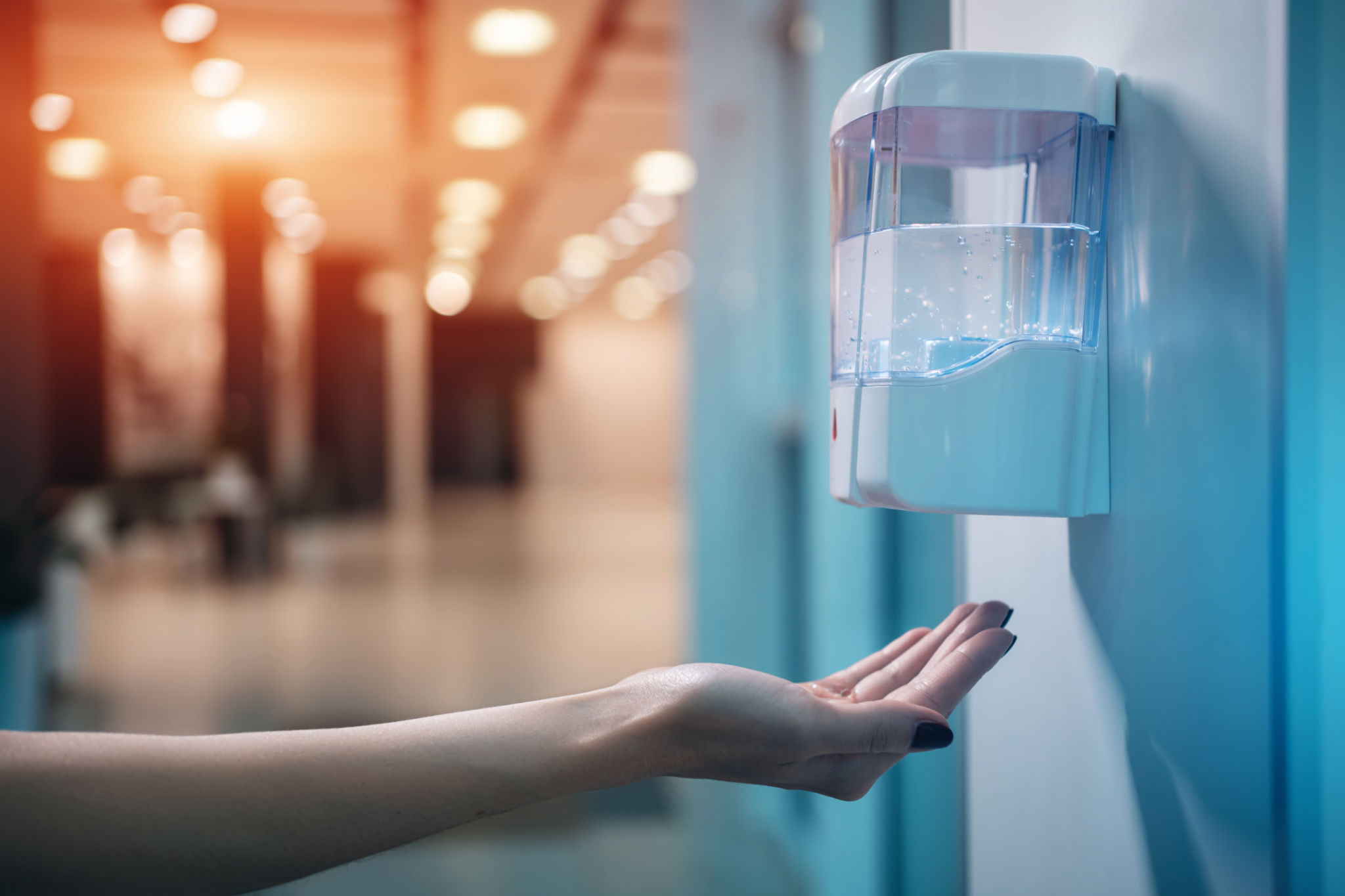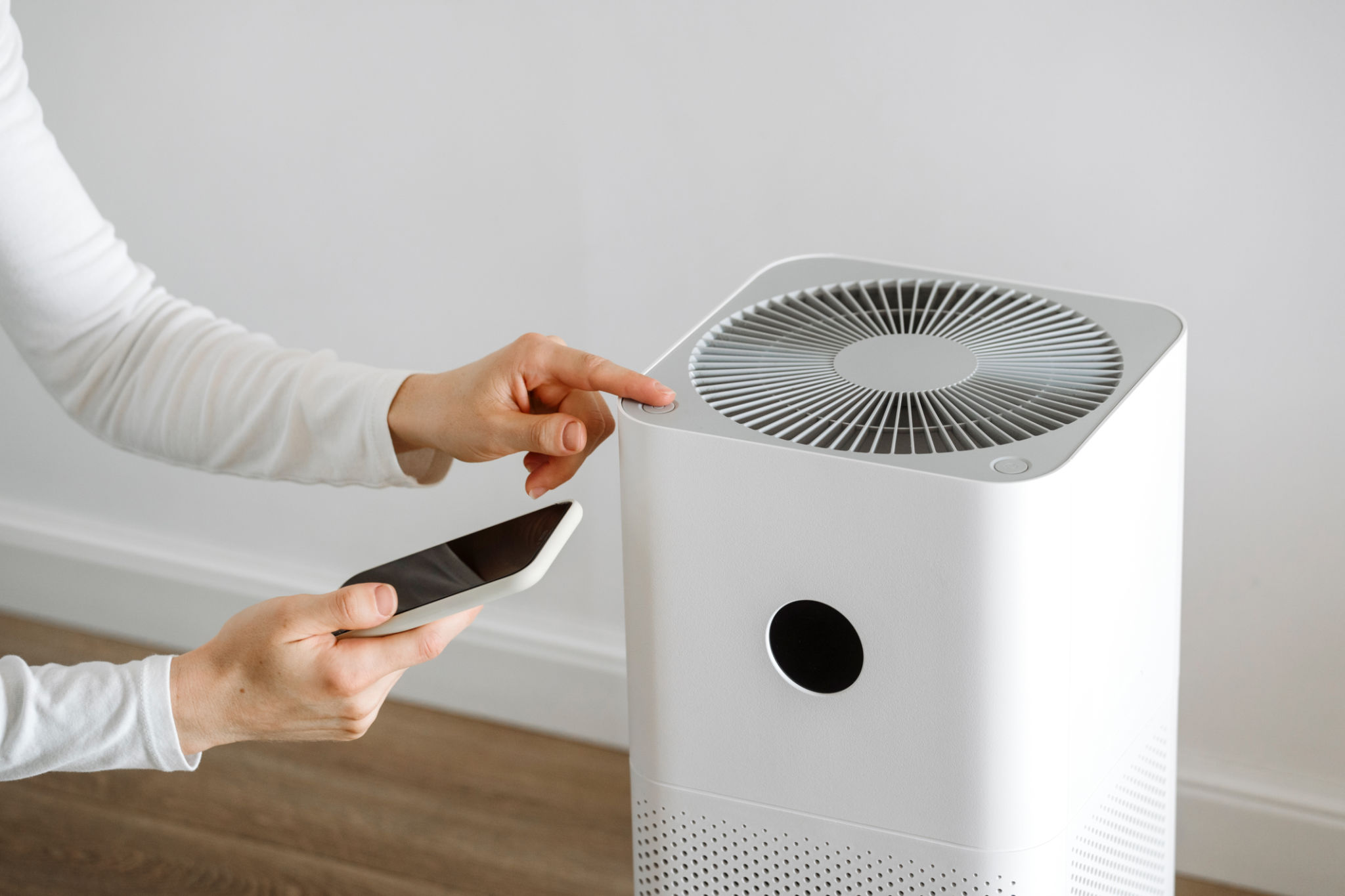How to Prepare Your Business for a Clean and Germ-Free Winter
Importance of a Germ-Free Environment
As winter approaches, businesses must prioritize maintaining a clean and germ-free environment to ensure the health and safety of employees and customers. The cold months often bring an increase in illnesses, which can impact productivity and overall morale. By implementing effective cleaning strategies, businesses can reduce the spread of germs and create a healthier workplace.
A clean environment not only minimizes the risk of illness but also enhances the company's image. Customers and clients appreciate a well-maintained space, which can lead to increased trust and loyalty. Therefore, it is crucial for businesses to take proactive steps to prepare for the winter season.

Developing a Comprehensive Cleaning Plan
Creating a detailed cleaning plan is essential for maintaining a germ-free workplace. Start by identifying high-touch surfaces such as doorknobs, light switches, keyboards, and phones, as these are common areas where germs can accumulate. Schedule regular cleaning and disinfecting of these surfaces throughout the day.
Consider hiring professional cleaning services for deep cleaning tasks that may be difficult to manage internally. These services can provide specialized equipment and expertise to ensure thorough sanitation. Additionally, train staff on proper cleaning techniques and encourage them to maintain personal hygiene practices.
Implementing Hygiene Stations
Setting up hygiene stations throughout your business premises can significantly reduce the spread of germs. Equip these stations with hand sanitizers, disinfectant wipes, and tissues. Place them in accessible areas such as entrances, break rooms, and restrooms to encourage frequent use by both employees and visitors.

Improving Air Quality
Good air quality is crucial during the winter months when indoor spaces are often sealed to conserve heat. Poor ventilation can lead to the accumulation of airborne germs and allergens. To combat this, ensure that your HVAC systems are well-maintained and equipped with high-efficiency particulate air (HEPA) filters that capture small particles.
Additionally, consider investing in air purifiers for areas with high foot traffic or limited ventilation. These devices can help reduce airborne contaminants and improve overall air quality, supporting a healthier work environment.

Encouraging Sick Employees to Stay Home
One of the most effective ways to prevent the spread of germs is by encouraging sick employees to stay home. Implement a clear sick leave policy that allows employees to take time off without fear of reprimand. Promote a culture where health is prioritized over attendance, ensuring that staff feel comfortable taking necessary precautions.
Communicate this policy clearly with all employees and provide them with resources on recognizing symptoms of common winter illnesses. By reducing the number of sick individuals in the workplace, you can help maintain a healthier environment for everyone.
Regular Monitoring and Adaptation
Finally, it is important to regularly monitor the effectiveness of your cleaning and hygiene practices. Gather feedback from employees and adjust your strategies as needed to address any concerns or new challenges that arise during the winter months.
Stay informed about the latest public health guidelines and incorporate them into your business operations. By remaining vigilant and adaptable, you can ensure your business is well-prepared for a clean and germ-free winter.
